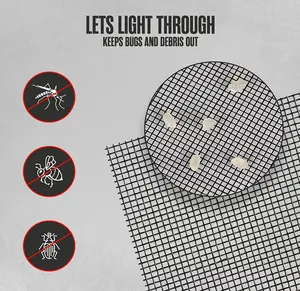
All categories
Featured selections
Trade Assurance
Buyer Central
Help Center
Get the app
Become a supplier

(89 products available)




















































In the realm of biodiversity, value insects are an essential component of ecosystems, playing integral roles that support agriculture, environmental health, and even human food sources. These insects not only contribute to the pollination of plants but also serve as natural pest controllers and organic recycling agents. Understanding the various types of value insects and their applications can immensely aid businesses engaged in agriculture, food production, and environmental management.
There are diverse classifications of value insects based on their ecological roles and the benefits they offer. Below are some predominant categories:
The applications of value insects extend far beyond simple ecological functions; they are instrumental in numerous sectors including agriculture, environmental conservation, and even pharmaceutical industries. Here’s how they benefit various applications:
Integrating value insects into modern agricultural practices and environmental strategies brings forth a spectrum of advantages, contributing to sustainable development. Key benefits include:
In summary, value insects are more than mere components of the food web; they are powerful allies in achieving sustainability across various sectors. By understanding their types, applications, and advantages, businesses can harness their potential to create healthier ecosystems and sustainable practices. Recognizing the significance of these tiny yet mighty creatures is critical in paving the way for innovative agricultural solutions and environmental stewardship.